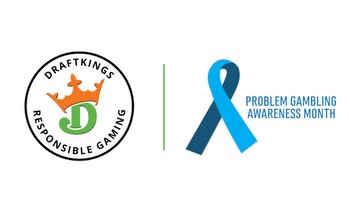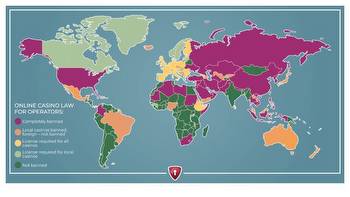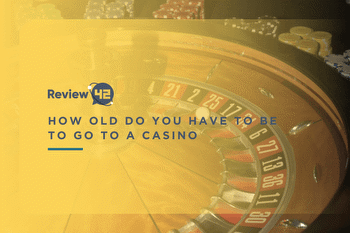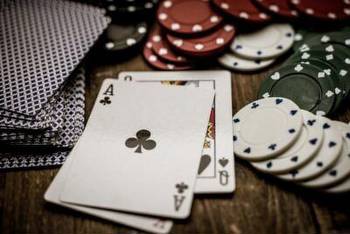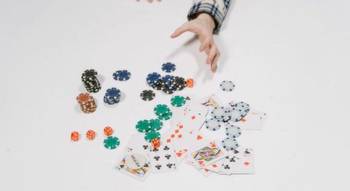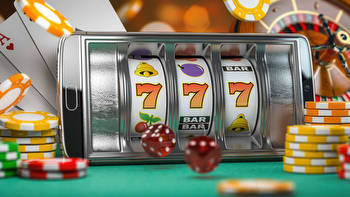Don't bet on online gambling

Headlines aren't supposed to be in the imperative mood, telling readers what to do. But in this case, I think it's appropriate. Online gambling in many US states has become a multibillion-dollar industry. While many people can control their gambling, others can't. And the ones who can't are suffering, along with their families and friends.
Full disclosure: I don't personally gamble, I have little interest in sports, and my state of residence (Texas) does not allow sports gambling, either in person or online. So mine is definitely an outsider's viewpoint, but perhaps that can make me more objective.
In 1992, the US Congress passed the Professional and Amateur Sports Protection Act (PASPA), which prohibited sports gambling in all US states and territories, with some minor exceptions. Over the next decade, individual states where gambling was popular, notably New Jersey, mounted legal challenges to the act, and in 2018, the Supreme Court ruled that it was an unconstitutional violation of states' rights, citing the Tenth Amendment to the Constitution.
This opened the door for individual states to allow sports gambling, and so far, about half of them have in one form or another.
In the time PASPA was in force, the United Kingdom legalised sports betting and became one of the early hotspots for online gambling with the advent of smartphones. According to an article in the Financial Times, in recent years, a spate of bad publicity and suicides related to gambling addiction has led to a crackdown on online gambling. Since 2017, UK online gambling organisations have paid about $240 million in fines to that country's gambling regulatory agency.
Drawcard
Like any addiction, online gambling is easy to fall into and hard to escape the clutches of. The Financial Times article tells the story of 22-year-old Dylan, a New Jersey lawyer in training who recently confessed to his family that he had spent over $50,000 in mostly online bets. He is currently attending Gamblers Anonymous and hopes to free himself from his addiction, but unless he divests himself of his cell phone and stays away from computers, the means to resume it will always be literally at hand.
Ethically speaking, gambling is an activity in which one person — the gambler — risks something of value, and another person or entity, which we will call "the house", profits from the gambler's risks, on average over time. Gambling is distinguished from stealing because, presumably, the gambler receives something of value from the activity.
And unlike armed robbery, whose victims generally have no choice in the matter, nobody is obliged to gamble. In this regard, a libertarian would, in principle, oppose any attempts to regulate gambling, saying that unless some third party is harmed by the transaction, the gambler and the house should be left alone.
There is also the argument that casinos and other forms of gambling benefit certain communities. This was the idea behind allowing certain Indian tribes to run casinos in the US. While nobody can deny that such things make money, I can't shake an uneasy feeling that basing a particular cultural group's economic viability on such a foundation is not in the best interests of the group, or their customers either, for that matter.








